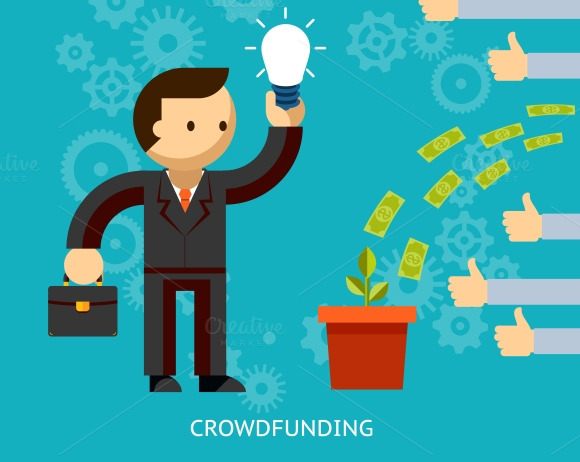If you’ve ever worked with someone planning to launch a Kickstarter or Indiegogo campaign then you’ve probably heard, “our goal is to raise $1M and be the most successful campaign in crowdfunding history.” Almost every creator sets out with that goal. But is it necessary to hit that figure to have a successful business after the crowdfunding phase? Not really.
It’s more important to have realistic goals that use crowdfunding to jumpstart the business with the understanding that real growth comes later.
Let’s look at the stats
It’s easy to look at the most successful product launches on these platforms and dream that, one day, your own product will be among them. However, this isn’t always the case. In fact, it’s rarely ever the case. To better constitute success let’s look at some stats that Kickstarter openly provides:
- Approximately 38% of all campaigns that launch on Kickstarter reach their funding goals. If you reach yours, then you’re already doing better than 1/3 of everyone who launches on the platform.
- Of the successfully funded campaigns, only 4% raise six figures or more (1.5% of all campaigns launched).
- the stat every campaign wants to achieve — only 0.2% raise $1M or more (0.1% of all campaigns launched).
“But I need to raise one million dollars!”
No, you really don’t.
It’s about MORE than the campaign
A lot of behind-the-scenes work should take place before, during, and after your campaign. It’s THAT work that you put into it that will drive the success of your business. Crowdfunding platforms can help launch your business, start a community of loyal brand ambassadors as your customer base, and build the foundation for future products. There are plenty of products that have launched on crowdfunding that raised $1M and then crumbled down the road. There are also products that didn’t raise a significant amount of money and still went on to become successful businesses. Don’t believe us? Check out these examples:
Touchland
Funds Raised: $67,622
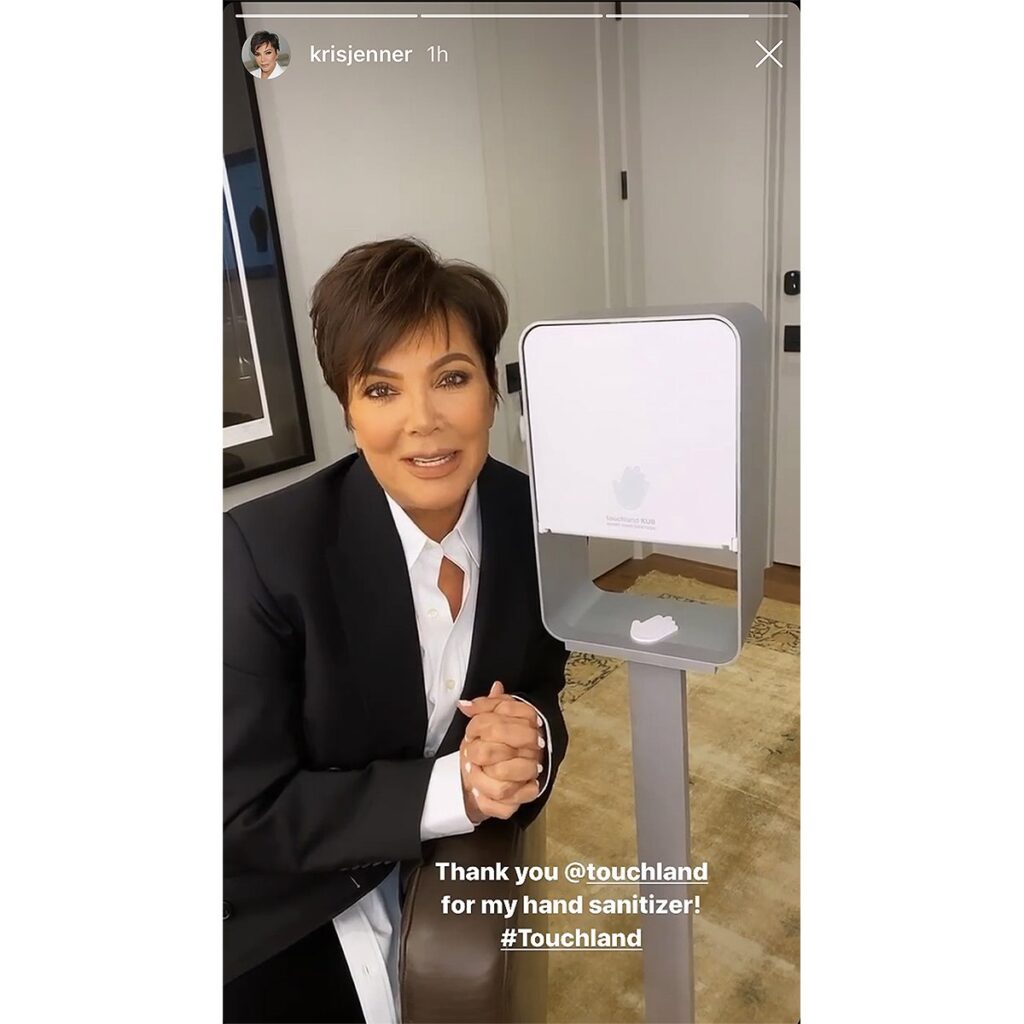
Yes, that’s Kris Jenner with a Touchland. So, it’s fair to say they’ve made it big. Touchland tackled hand sanitizer before it became a hot commodity in 2020. They created a next-gen hand sanitizer solution that moisturizes, dries quickly and leaves skin refreshed. A successful, but modest, campaign set them up for the viral success they’ve now achieved.
Allbirds
Funds Raised: $119,196
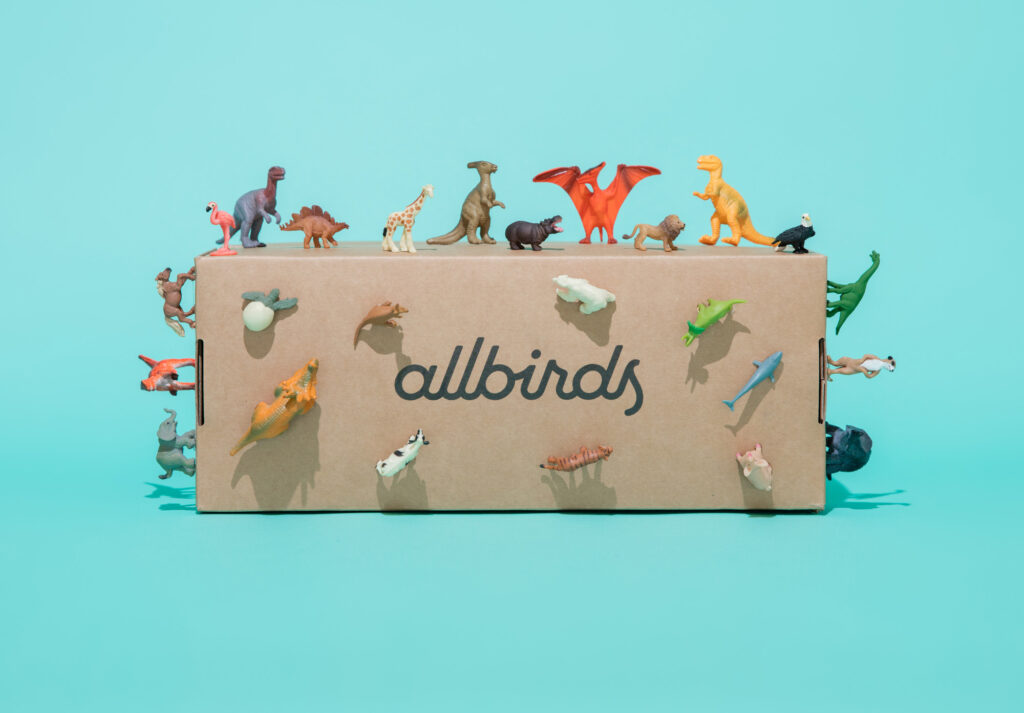
After their campaign, the team rebranded as Allbirds, but they invented the world’s first wool sneaker. This campaign was already in rare company having crossed the $100,000 threshold. Today, nearly every sustainable or new sneaker concept we work with references Allbirds as a company they wish to emulate.
Funds Raised: $54,214
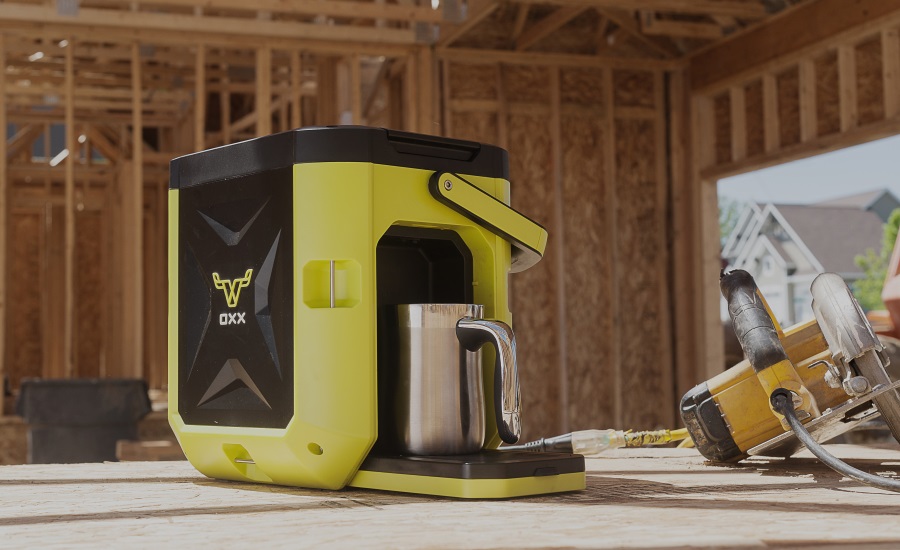
Single-serve coffee pods like K-cups are convenient but limited to at-home brewing. Until The COFFEEBOXX that is. They redesigned the coffeemaker to make it ready for adventure. Their 45-day campaign didn’t shatter records, but the brand is now sold in Walmart and Home Depot in addition to Amazon.
Funds Raised: $307,332
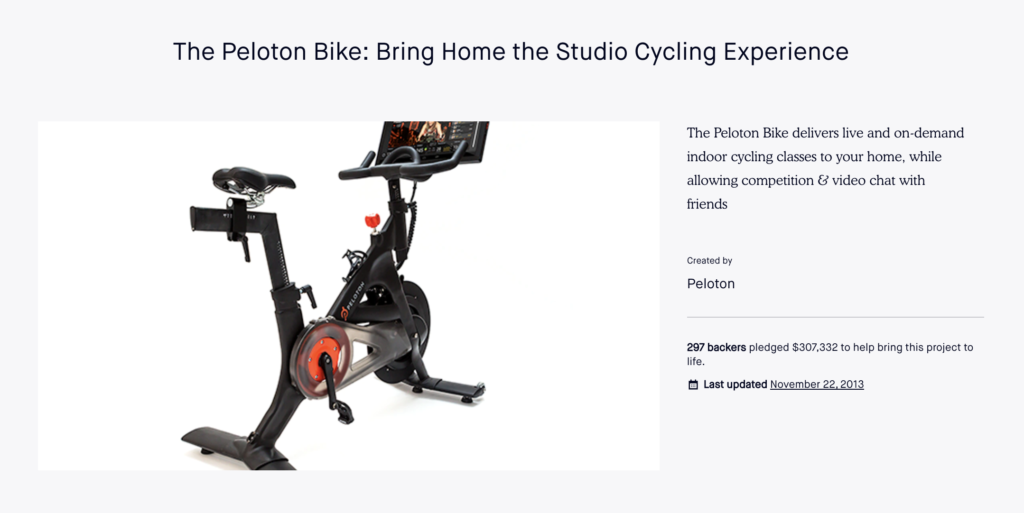
I’m sure you know at least one person who owns a Peloton. Their campaign was reasonably successful by most measures, raising more than $300K in 30 days back in 2013. Today, they’re a household name. During the pandemic lockdowns, Peloton’s sales surged 172% with waitlists for people looking to work out at home.
Purple®
Funds Raised: $254,548
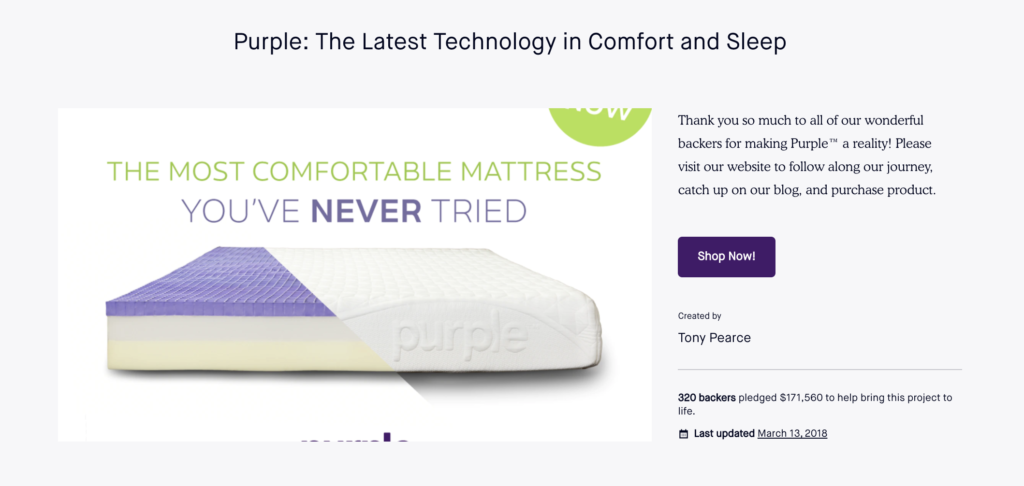
In 2018, Purple debuted on Kickstarter and earned the support of 1,300 backers. Today, they’ve received more than 19,000 5-star reviews and have sold more than half a million mattresses.
MUVEZ
Funds Raised: $33,873
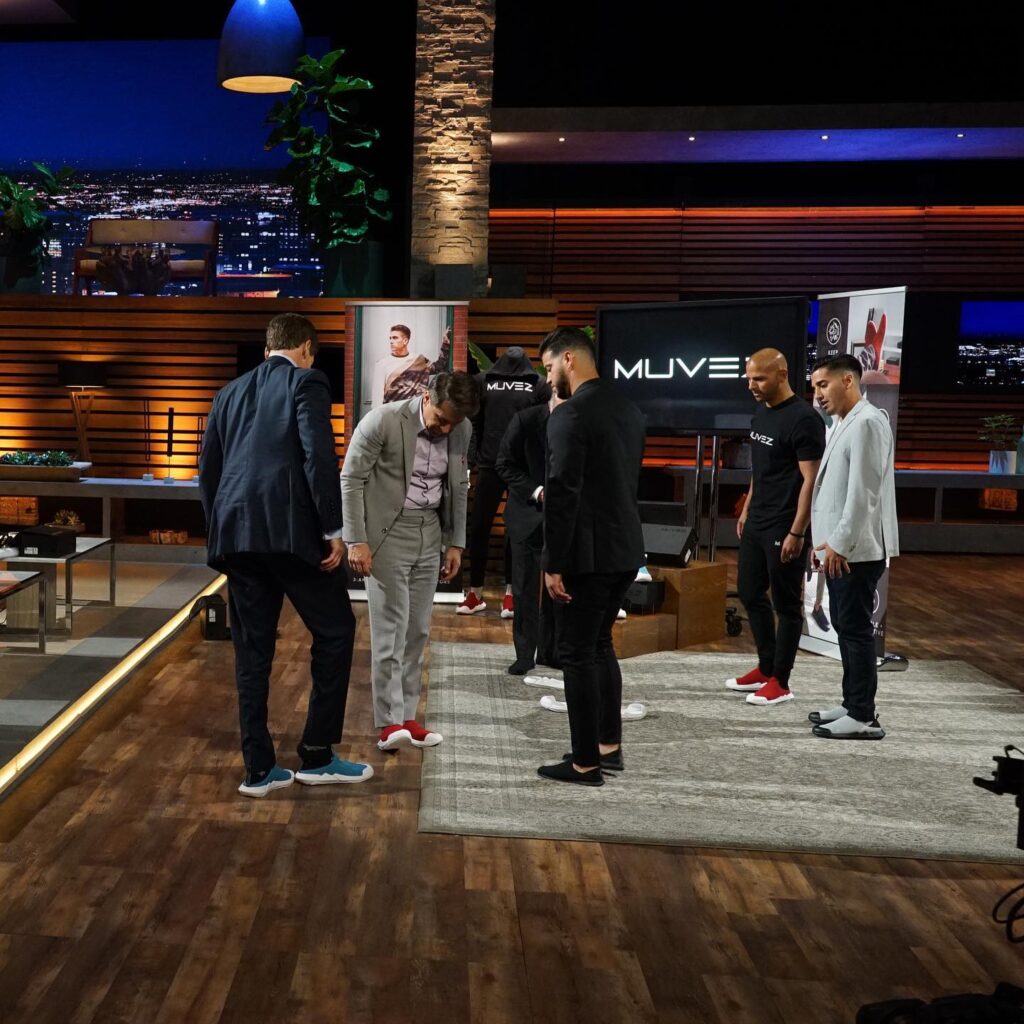
You’ve never heard of them? This innovative footwear concept doubled their public funding goal, but still stood well shy of the million-dollar mark. They didn’t even break six figures. That didn’t stop them from continuing to build a successful brand. Post-crowdfunding they debuted on Season 11, Episode 18 of Shark Tank where Daymond John invested $200K into their business.
Set realistic goals to manage expectations
When looking at what you want to raise versus what you need to raise, be reasonable. Yes, you need to know your margins, but crowdfunding should be a way to “kick” start your product launch. Raising almost nothing and knowing how to pivot, can have as much of an impact as raising millions for your big idea. Sometimes too much success can be just as daunting as not being successful enough.
With either outcome, your aim should be to use your success (whatever that may look like) to learn how to better market your product and set it up for greater success in the future. This guest blog post was provided by the team at Enventys Partners – www.enventyspartners.com. Enventys Partners is the industry’s leading full-service, turnkey product launch agency. Enventys Partners designs, prototypes, manufactures, fulfills, crowdfunds, and markets new products and startup businesses. In 20 years Enventys Partners has raised more than $350 million for clients through crowdfunding alone and has been involved in the development, engineering, prototyping, launching, and marketing of over 2,500 products. If you’re thinking about launching a crowdfunding campaign but don’t know where to start, reach out to Enventys Partners.

